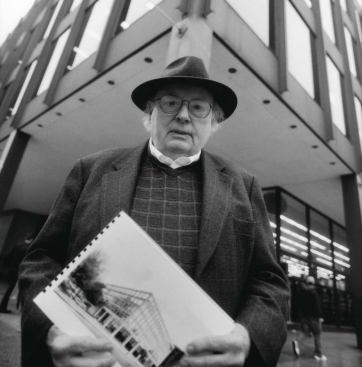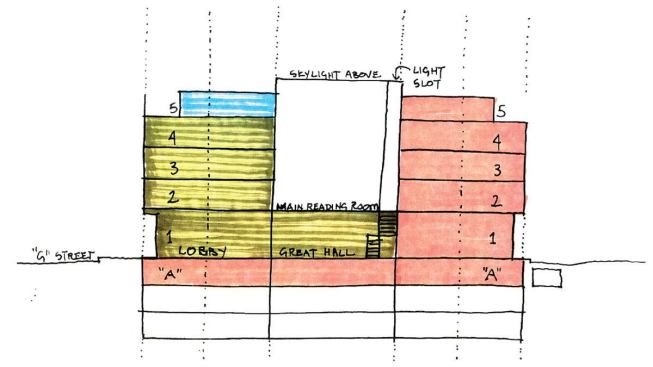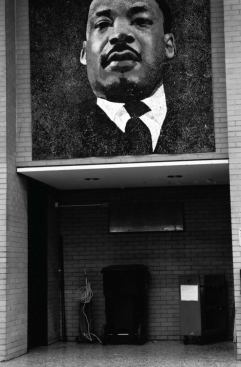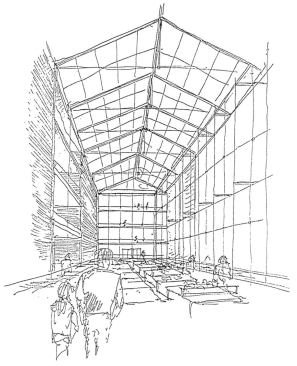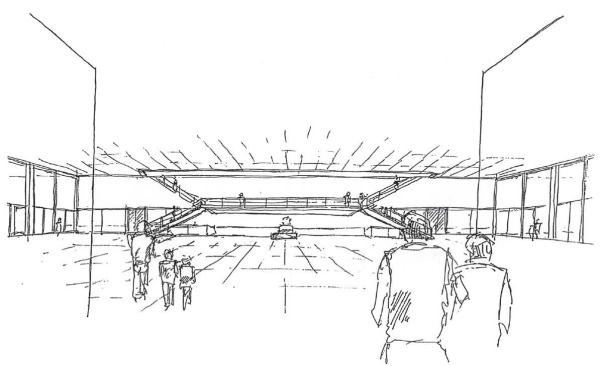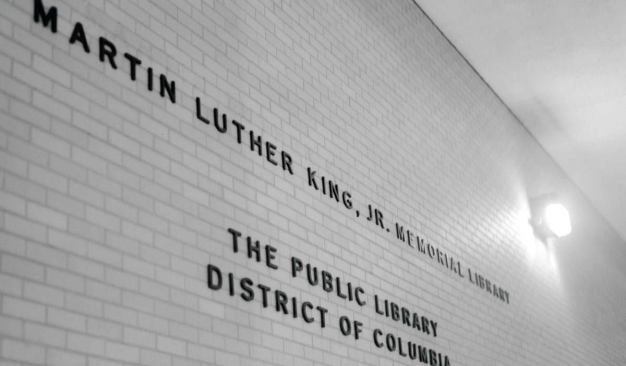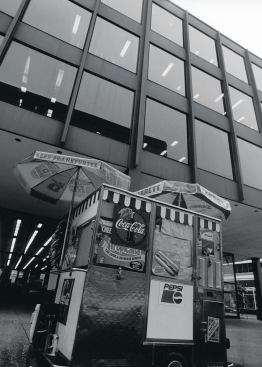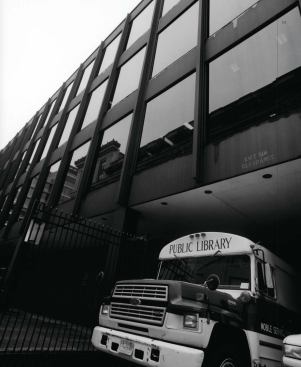Stewart Ferebee
If the council approves a new library, the city would conduct a new search for an architect, he says. But there has been a hang-up over the cost. At the June council hearing, the library’s construction director, Jeff Bonvechio, said that building a new library would cost $206 million and that restoring the MLK building would cost $40 million more.
But in September, the city’s chief financial officer, Natwar Gandhi, wrote to Councilmember Kathleen Patterson, who chairs the Committee on Education, Libraries, and Recreation, that his review of a cost-comparison study by design firm PSA-Dewberry found that the costs of renovating and building anew are roughly equal, though higher than either previous estimate at $275 million.
Diener believes that the city’s renovation cost figures are excessive because they account for closing the MLK building and moving the library to temporary space. One option the city has not explored, she notes, would be to keep the building open during renovation, an idea supported by Cooper and also by the architect Arthur Cotton Moore, who completed the renovation of the Library of Congress without its closing.
“But it’s just not worth it,” Diener says. “This isn’t the Library of Congress.” A more sensible option, she says, would be simply to close the MLK building during renovation. Special collections could be moved to other city libraries for use. Otherwise, she says, “there’s not a book in there you can’t get somewhere else.”
In any case, the bricks-and-mortar debate, Diener says, ignores the “extraordinary internal problems” of the library system, which had been without a permanent director for three years until this year, when the trustees hired Ginnie Cooper, who arrived this year from the Brooklyn Public Library in New York.
Cooper has overseen construction of new libraries before. She has already prompted repairs of “little things and big things” within the Mies building—fixing leaks, painting, repairing elevators. “There are many ways in which this building I’m sitting in now is a fine and wonderful library,” she says from her office in the MLK Library. Yet, she adds, “I’m excited about the opportunity for a new building.” Diener says that building a new library would be throwing good money after bad, unless there are major staff reforms in the library system.
“We have evidence of incredible abuses— people who work for [the library] and draw a salary and rarely come to work,” Diener says. “It’s a no-work culture. That’s why we think it’s stupid to put all this emphasis on buildings right now when we don’t even know that they can maintain an elevator or a roof or a bathroom, and they can’t deliver a reasonable level of customer service.”
If Ginnie Cooper can assemble a competitive staff —and union rules will be problematic— then, Diener suggests, it will be time to spend some money on renovating the Mies building. And, she says, Kent Cooper’s plan provides a sensible place to start.
After all these years, however, Cooper sounds resigned never to see his plan picked up again. “If they want to move the library and can get a good library, as a citizen, I don’t want to pay through the nose,” he says. “The Mies building really does need to stay. I hope they get a good library.”

